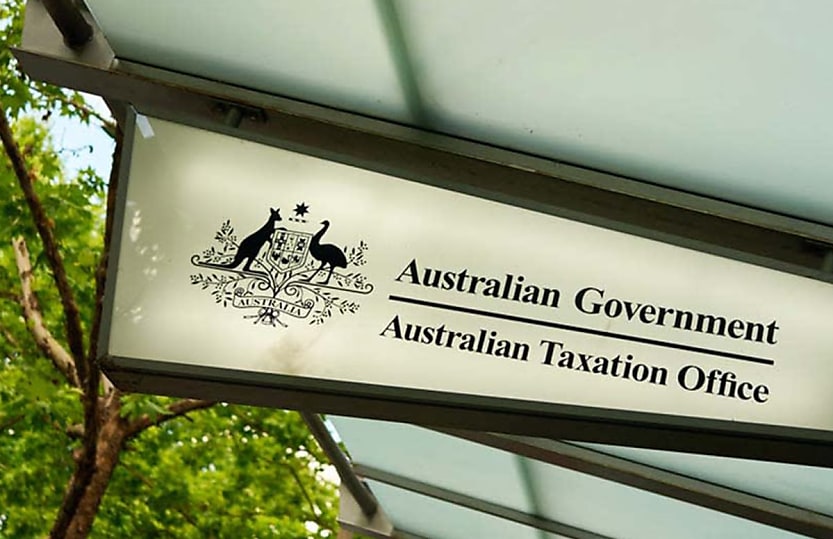ATO issues reminder on looming international tax changes

The ATO has reminded privately owned and wealthy groups about upcoming changes with international tax next year and beyond.
The Tax Office has issued a reminder to large business groups about significant tax changes that are fast approaching including amendments to the thin capitalisation rules, the global minimum tax and domestic tax changes and proposed reforms to the foreign resident capital gains tax regime.
The ATO noted that the new thin capitalisation rules will be supported by the debt deduction creation rules (DDCR) which are set to start 12 months later.
The amendments apply to most multinational businesses operating in Australia, privately owned Australian entities that are foreign-controlled and privately owned and wealthy groups with outbound operations.
The de minimis threshold where debt deductions don’t exceed $2 million will continue to apply and includes debt deductions of all associate entities for that year.
Under the new rules, general class investors will be subject to one of three tests including the fixed ratio test, group ratio test and the third-party debt test as the arm’s length test had been removed for all taxpayers.
The fixed ratio test refers to an earnings-based ratio test that would limit an entity’s net debt deductions to 30 per cent of its tax earnings before interest, taxes, deprecations and amortisation (EBITDA).
The group ratio test, another earnings-based test on a global gearing ratio, would limit net debt deductions based on a ratio of the worldwide group’s net debt deductions and EBITDA based on the worldwide group’s financial statements.
Finally, the third-party debt test would capture an entity’s external debt deductions, except for non-qualifying external debt deductions, which would be allowed in full.
“Private groups including those with cross-border related party loans should also consider whether the terms and conditions of their arrangements, including interest rate and debt amounts are arm’s length under Australia’s transfer pricing rules,” the Tax Office said.
“General class entities should also consider their approach when determining their remaining debt deductions for applying the fixed ratio test or third-party debt test.”
The ATO said this is because the previous transfer pricing limitation in section 815-140, which applied an arm's length interest rate to the actual amount of debt for thin capitalisation purposes, has been removed.
"The new thin capitalisation rules are supported by the debt deduction creation rules (DDCR) that deny debt deductions arising from relevant related party loans to fund asset acquisitions, or prescribed payments such as distributions and returns of capital,"it said.
"The DDCR rules reduce the ability for multinational businesses and private groups, with at least $2 million in debt deductions (on an associate inclusive basis), to create debt through internal transactions."
The DDCR applies to income years starting on or after 1 July 2024 and apply to existing and new domestic and international arrangements.
The government has also announced measures to strengthen the integrity of the foreign resident capital gains tax regime to ensure foreign residents pay their fair share of tax and to provide greater certainty.
Proposed amendments would apply to CGT events starting on or after 1 July 2025 and include clarification and broadening on the types of assets subject to CGT, a 365-day testing period and a requirement for the ATO to be notified if shares or interests exceed $20 million.
“This measure will ensure that Australia can tax foreign residents on direct and indirect sales of assets, with a close economic connection to Australian land, more in line with the tax treatment that already applies to Australian residents,” the ATO said.
“These reforms will also improve certainty for foreign investors by aligning Australia’s tax law for foreign resident capital gains more closely with OECD standards and international best practice.”
The global minimum tax and domestic minimum tax changes which form part of the Pillar 2 reforms, will also soon apply to large multinationals with annual global revenue of €750 million or more.
The proposed changes apply to in-scope multinational entity groups from 1 January 2024 and include a 15 per cent global minimum tax for large multinational enterprises and a 15 per cent global domestic minimum tax applying to income years starting on or after 1 January 2024.
About the author

